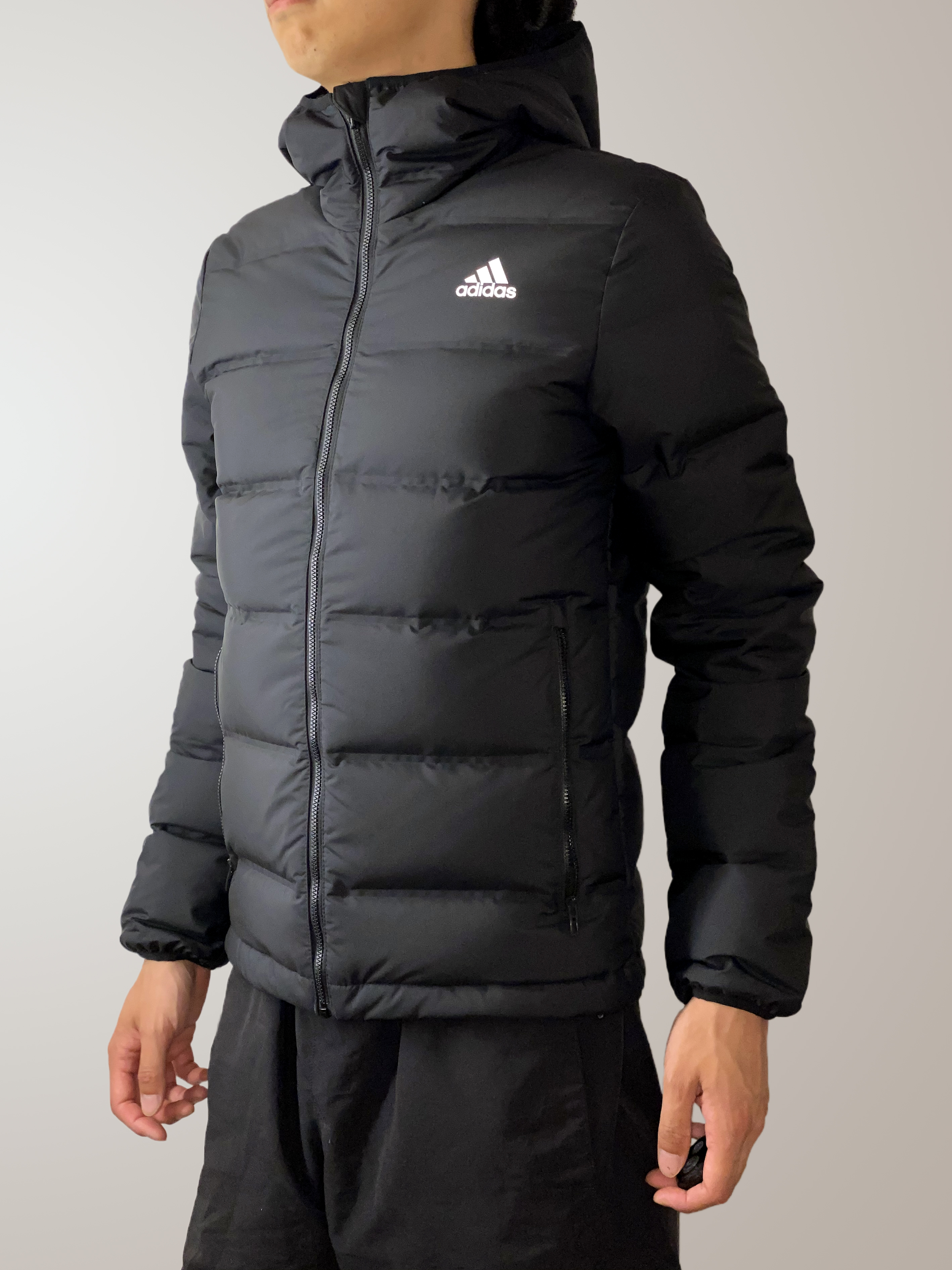|
Zouave Jacket
A Zouave jacket is a short open fronted jacket with long sleeves, similar to that historically worn by the Algerian Zouave infantry of the French Army. It was a popular women's fashion in the 19th century in the United States. Colorful, braid-trimmed Zouave jackets became fashionable in the late 1850s and remained so well into the 1860s. Although generally out of fashion after the 1860s, it became locally popular again in some parts of the country towards the end of the 19th century. See also * 1850s in fashion * Bolero jacket A shrug is a cropped, cardigan-like garment with short or long sleeves cut in one with the body, typically knitted. Generally, a shrug covers less of the body than a vest would, but it is more tailored than a shawl. Shrugs are typically worn as ... * Garibaldi shirt, another military-inspired fashion of the same era References External links * 1850s fashion 1860s fashion History of clothing (Western fashion) Jackets {{fashion-stu ... [...More Info...] [...Related Items...] OR: [Wikipedia] [Google] [Baidu] |
Zouave Godey Dec 1859
The Zouaves were a class of light infantry regiments of the French Army serving between 1830 and 1962 and linked to French North Africa; as well as some units of other countries modelled upon them. The zouaves were among the most decorated units of the French Army. It was initially intended that the zouaves would be a regiment of Berber volunteers from the Zwawa group of tribes in Algeria ("Zwawa" being the origin of the French term ''zouave'') who had gained a martial reputation fighting for local rulers under the Ottoman Empire. The regiment was to consist of 1,600 Zwawa Berbers, French non-commissioned officers and French officers. 500 Zwawa were recruited in August and September 1830. However, twelve years later, this idea was dropped. More zouave regiments were raised and the men recruited to serve in them were almost exclusively French or people of French descent born in French Algeria (pied-noirs), a policy which continued until the final dissolution of said regiments aft ... [...More Info...] [...Related Items...] OR: [Wikipedia] [Google] [Baidu] |
Jacket
A jacket is a garment for the upper body, usually extending below the hips. A jacket typically has sleeves, and fastens in the front or slightly on the side. A jacket is generally lighter, tighter-fitting, and less insulating than a coat, which is outerwear. Some jackets are fashionable, while others serve as protective clothing. Jackets without sleeves are vests. Etymology The word ''jacket'' comes from the French word ''jaquette''. The term comes from the Middle French noun ''jaquet'', which refers to a small or lightweight tunic. In Modern French, ''jaquette'' is synonymous with ''jacket''. Speakers of American English sometimes informally use the words ''jacket'' and ''coat'' interchangeably. The word is cognate with Spanish ''jaco'' and Italian ''giacca'' or ''giacchetta'', first recorded around 1350s. It is ultimately loaned from Arabic ''shakk (شكّ)'', which in turn loaned from Aramean/Assyrian and Hebrew ''shaḳḳ (שַׁקּ)''. Nylon bomber jacket, also in leat ... [...More Info...] [...Related Items...] OR: [Wikipedia] [Google] [Baidu] |
Zouave
The Zouaves were a class of light infantry regiments of the French Army serving between 1830 and 1962 and linked to French North Africa; as well as some units of other countries modelled upon them. The zouaves were among the most decorated units of the French Army. It was initially intended that the zouaves would be a regiment of Berber volunteers from the Zwawa group of tribes in Algeria ("Zwawa" being the origin of the French term '' zouave'') who had gained a martial reputation fighting for local rulers under the Ottoman Empire. The regiment was to consist of 1,600 Zwawa Berbers, French non-commissioned officers and French officers. 500 Zwawa were recruited in August and September 1830. However, twelve years later, this idea was dropped. More zouave regiments were raised and the men recruited to serve in them were almost exclusively French or people of French descent born in French Algeria (pied-noirs), a policy which continued until the final dissolution of said regiments ... [...More Info...] [...Related Items...] OR: [Wikipedia] [Google] [Baidu] |



